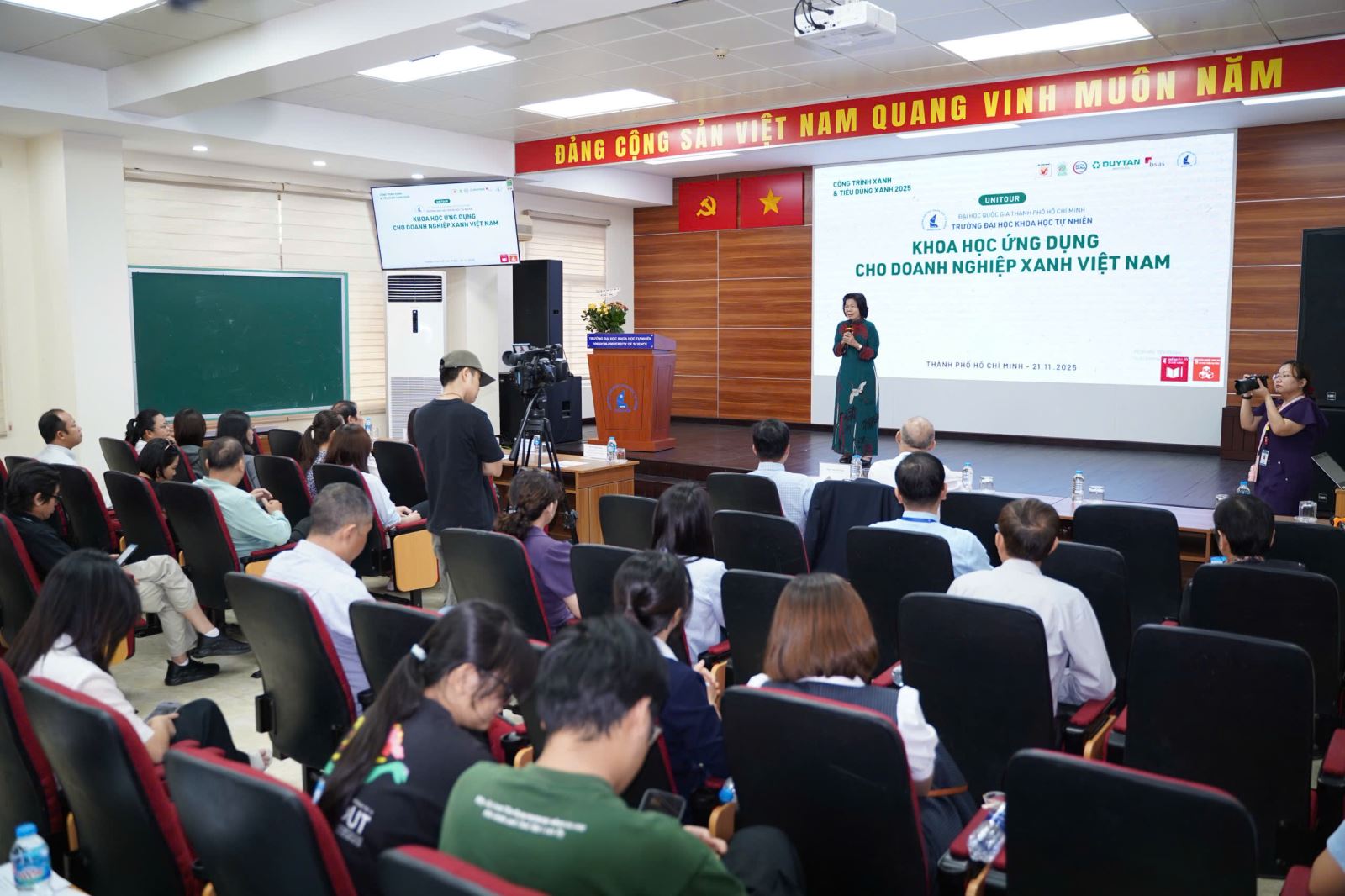
Bringing green products into life
On November 21, at the seminar "Green Construction - Green Consumption" within the framework of the Unitour program, Ms. Vu Kim Hanh, President of the Association of High-Quality Vietnamese Goods Enterprises in Ho Chi Minh City, said that R&D activities are the "lifeblood" of Vietnamese goods, the key factor determining the competitiveness and survival of enterprises in the context of a rapidly changing market. However, this activity has not yet fully exploited its inherent potential, mainly due to the lack of close connection between the three important pillars: State - school - enterprise.
According to Ms. Vu Kim Hanh, scientists need a long time to pursue in-depth topics, to get to the bottom of the problem, while businesses are under pressure of revenue, market share and business strategy, forcing them to look for solutions with quick application. This difference in pace creates a significant gap.
It can be seen that although research has scientific value, it is difficult to step out of the laboratory to become a real commercial product. Many times, businesses want to apply it but cannot "catch the wave" of the school's working style; conversely, researchers, although enthusiastic, do not know whether the results they create will be accepted by the market or not.

From a practical perspective, Associate Professor Dr. Ngo Dai Nghiep, Head of the Department of External Relations of the University of Natural Sciences, Ho Chi Minh City, said that most of the current research only stops at a small experimental scale, without enough resources to further develop into prototype products or move to the pilot production stage. This leads to a familiar loop, where the research topic is finished and then placed in a bookshelf or stored in the library, rarely having the opportunity to step into real life. More ironically, many businesses are located next to research facilities but do not proactively seek cooperation. Partly because of concerns about the risks of investing in unproven technologies, partly because of a lack of information about the practical applicability of the research. Some businesses even fear that the working process with universities will be lengthy, not suitable for the speed of market decision-making.
"The consequences of this disconnect are evident in the context of increasing green consumption demand. Vietnamese consumers are paying more attention to safe, natural, and environmentally friendly products. But to meet that trend, businesses must access green materials, sustainable packaging, energy-saving production techniques, or waste treatment technology, factors that institutes and schools have long researched but have not been transferred smoothly. Many businesses are confused because of the lack of scientific guidance, having to figure it out on their own from the beginning, wasting time and money," Mr. Dai Nghiep added.
According to economic experts, behind each product is a long process of perfecting the formula, testing, evaluating safety, finding suitable raw materials, optimizing the production line and finally conquering consumers. Many small and medium enterprises do not have enough resources to do all of these things themselves without support from schools and the state.
This shows that, if we want green products to become more popular, cheaper and more accessible, removing bottlenecks in connecting the three parties is an urgent task. It is not only necessary to increase dialogue but also to build a sustainable coordination mechanism so that research does not remain on paper, businesses do not fumble and consumers do not have to pay high prices for sustainable products. When the flow of knowledge is smooth and the market is accompanied by science, Vietnamese green products will really have a chance to take off.
The foundations needed for green development
MSc. Van Chi Nam, Vice Principal of Ho Chi Minh City University of Natural Sciences, said that the school is proactively innovating both training and research, building interdisciplinary programs and increasing practice time so that students can participate in green technology projects while still studying. Along with that, the school has invested in more laboratories, equipment and resources to receive practical problems from businesses.
The school’s long-term goal is to become a knowledge-sharing hub for green materials, biotechnology and sustainable packaging, where businesses can easily find technological solutions and skilled human resources. This is not only the school’s strategic direction but also the foundation for establishing a more seamless and effective research-application ecosystem.
On the business side, Ms. Tu Le Thanh Vy, Deputy General Director of Intermix, said that the green transformation trend is becoming a mandatory requirement in the context of consumers increasingly prioritizing safety, naturalness and environmental friendliness. According to Ms. Thanh Vy, businesses have no other choice but to proactively seek raw materials in the direction of green science, testing paper packaging or recycled packaging, even though the cost is higher and the time to access the technology is limited. Some business projects have to be extended because there is not enough data and research from the school to compare.
Therefore, Ms. Vy also hopes that universities can share more completed or in-progress research, helping businesses shorten testing time, thereby reducing cost pressure for sustainable production models.
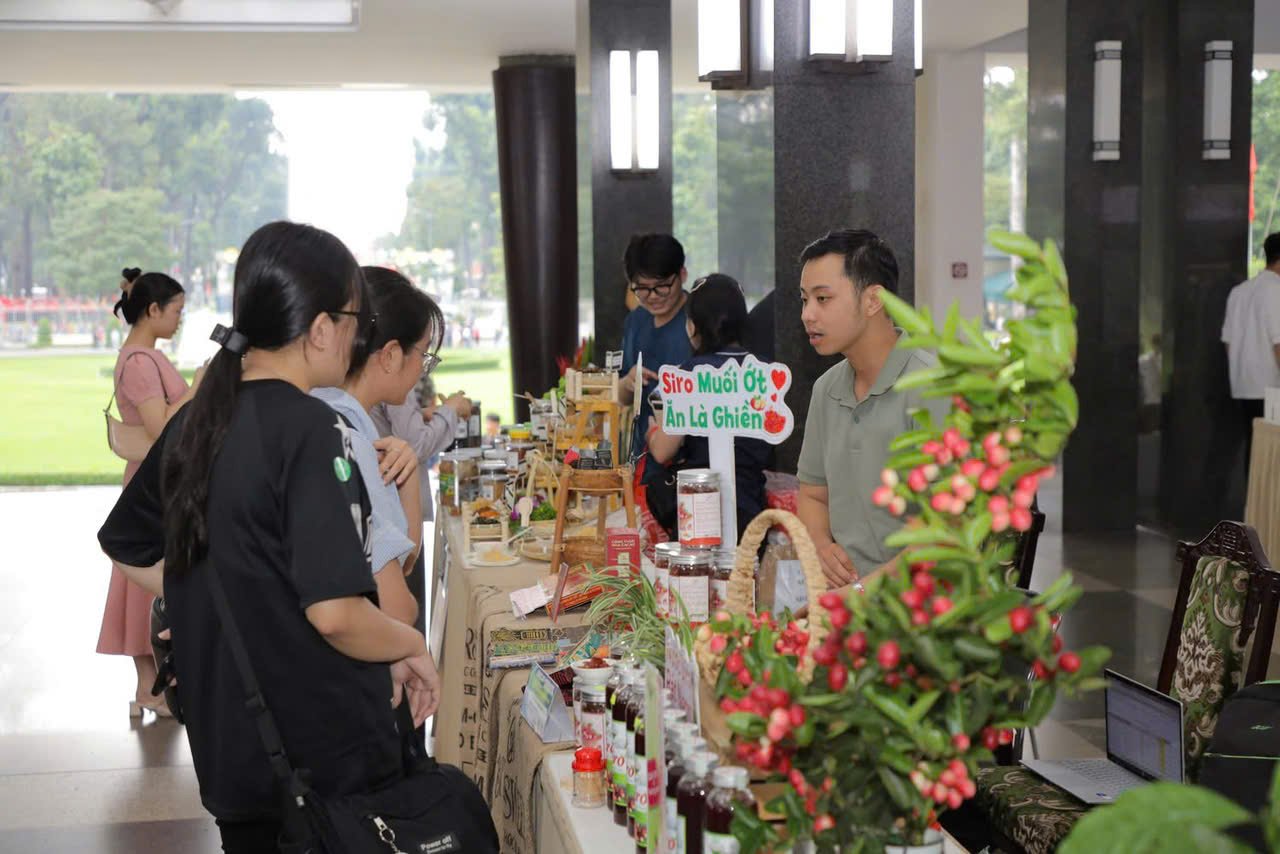
Not only stopping at the story of technology and connection, the issue of business ethics is also mentioned as an important foundation for green development. Dr. Huynh Ky Tran, representative of Lan Hao Company, also warned about the situation of advertising abuse or using biological active ingredients in the wrong dosage or not according to standards, causing consumers to easily misunderstand the product's uses.
Accordingly, the phenomenon of some products being “overpriced” due to high communication costs, causing vulnerable consumers such as workers or low-income women to pay high prices that do not correspond to their real value. According to Mr. Tran, green products are not only green in terms of the environment but also “green” in the way businesses behave, be honest with buyers and be responsible to the community. When ethics are put in the right place, the green transition process becomes effective and sustainable.
From the above analysis, it can be seen that the “three houses” model is the irreplaceable foundation for creating a green future for Vietnamese goods. The State plays a creative role by providing support policies, incentive mechanisms and transparent standards to help businesses have a clear direction. Schools are responsible for producing knowledge, researching technology and training human resources suitable to the new needs of the green economy. Enterprises are the units that realize these studies into specific products to serve the market.
In addition, some economic experts also believe that Vietnam needs to build an open data system on green technology, green standards and raw material markets so that businesses can easily access them. At the same time, management agencies should also promote innovation funds, support testing costs and research ordering programs to shorten the gap between theory and application. When all three pillars operate in a common rhythm, Vietnamese green products will have the opportunity to develop more strongly, improve competitiveness and contribute to promoting the economy in a sustainable direction.
Source: https://baotintuc.vn/kinh-te/tp-ho-chi-minh-thuc-day-lien-ket-ba-nha-cho-tieu-dung-xanh-20251121152334949.htm



![[Photo] General Secretary To Lam receives President of the Senate of the Czech Republic Milos Vystrcil](/_next/image?url=https%3A%2F%2Fvphoto.vietnam.vn%2Fthumb%2F1200x675%2Fvietnam%2Fresource%2FIMAGE%2F2025%2F11%2F21%2F1763723946294_ndo_br_1-8401-jpg.webp&w=3840&q=75)
![[Photo] President Luong Cuong receives Speaker of the Korean National Assembly Woo Won Shik](/_next/image?url=https%3A%2F%2Fvphoto.vietnam.vn%2Fthumb%2F1200x675%2Fvietnam%2Fresource%2FIMAGE%2F2025%2F11%2F21%2F1763720046458_ndo_br_1-jpg.webp&w=3840&q=75)

![[Photo] Visit Hung Yen to admire the "wooden masterpiece" pagoda in the heart of the Northern Delta](/_next/image?url=https%3A%2F%2Fvphoto.vietnam.vn%2Fthumb%2F1200x675%2Fvietnam%2Fresource%2FIMAGE%2F2025%2F11%2F21%2F1763716446000_a1-bnd-8471-1769-jpg.webp&w=3840&q=75)
![[Photo] National Assembly Chairman Tran Thanh Man holds talks with President of the Senate of the Czech Republic Milos Vystrcil](/_next/image?url=https%3A%2F%2Fvphoto.vietnam.vn%2Fthumb%2F1200x675%2Fvietnam%2Fresource%2FIMAGE%2F2025%2F11%2F21%2F1763715853195_ndo_br_bnd-6440-jpg.webp&w=3840&q=75)



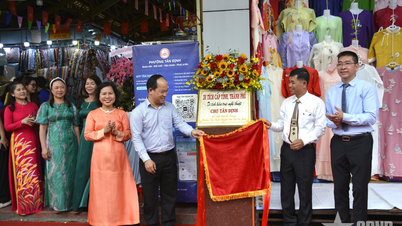


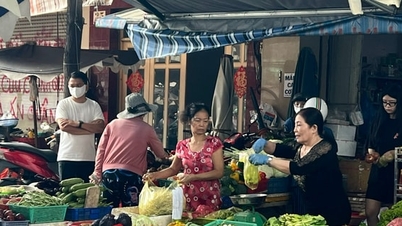

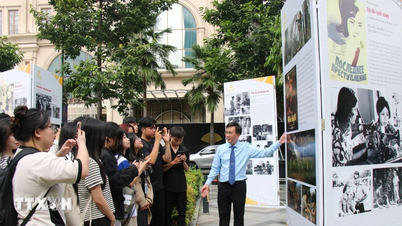

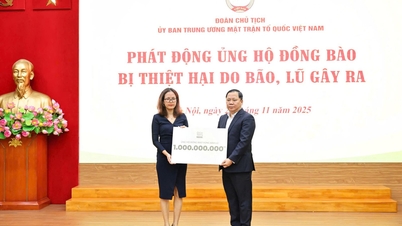

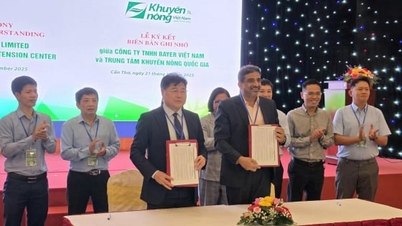



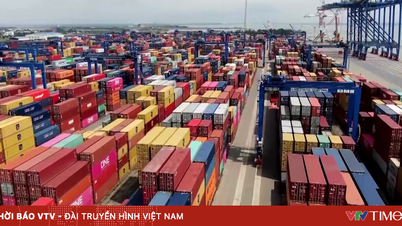









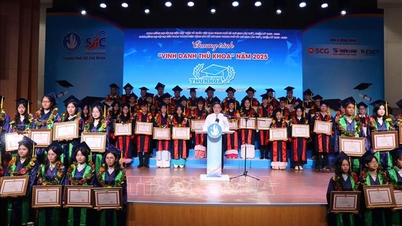













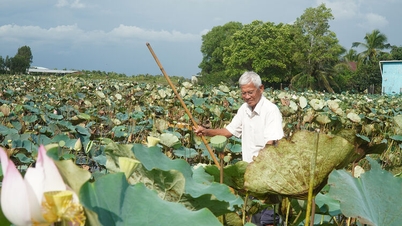












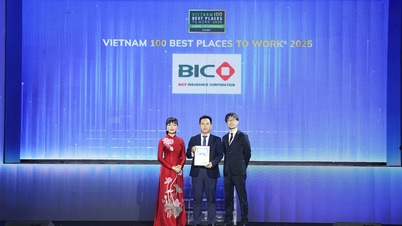
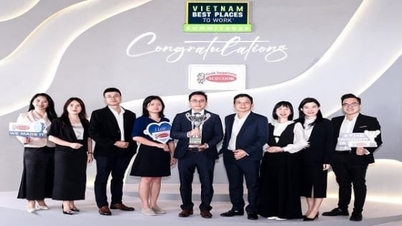

















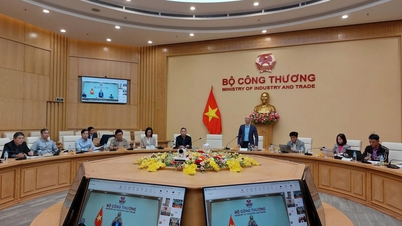
















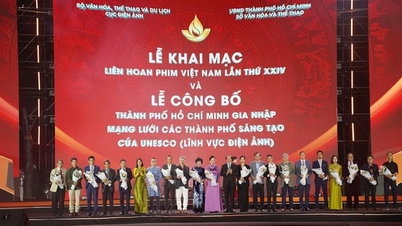














Comment (0)